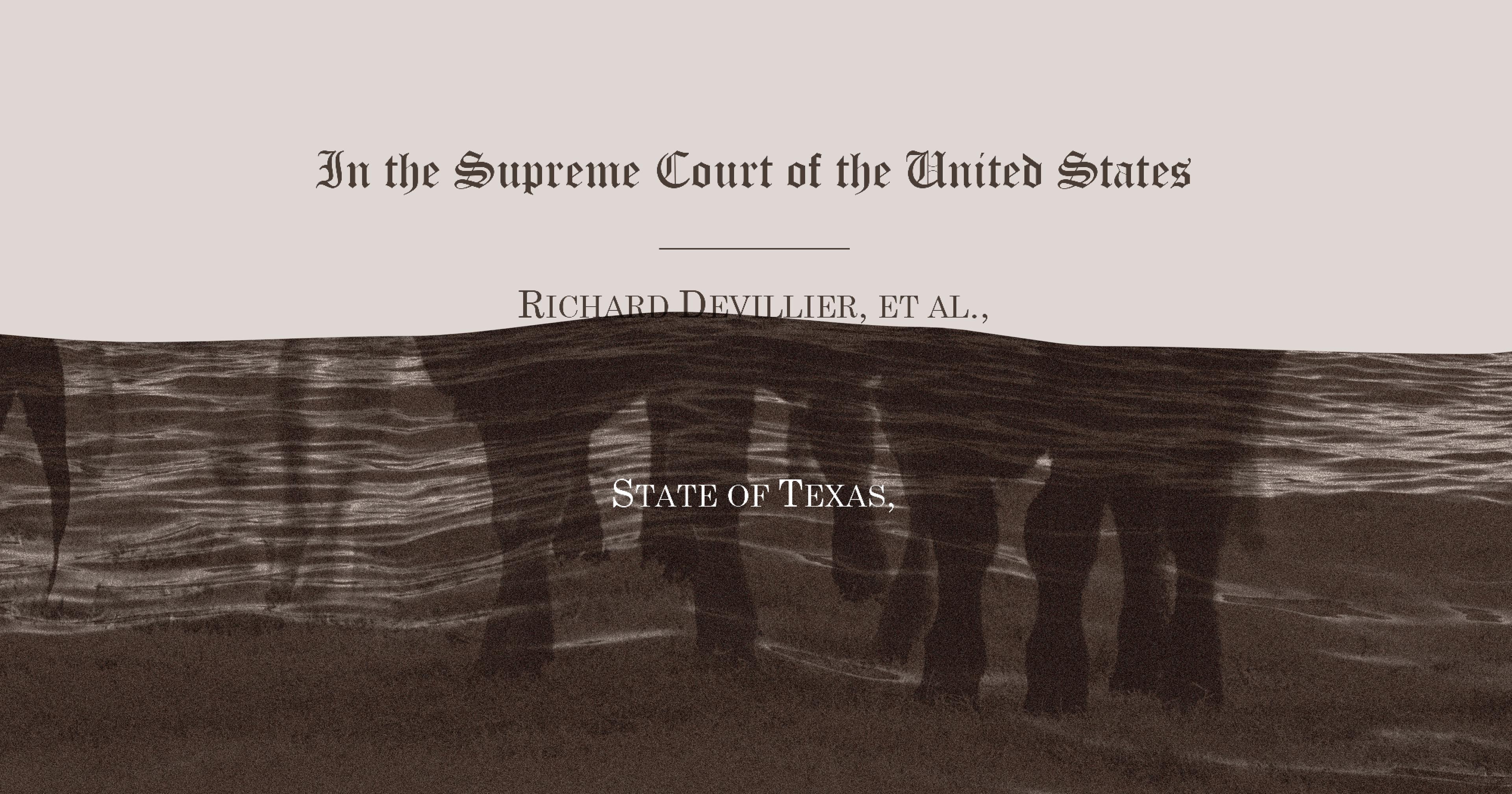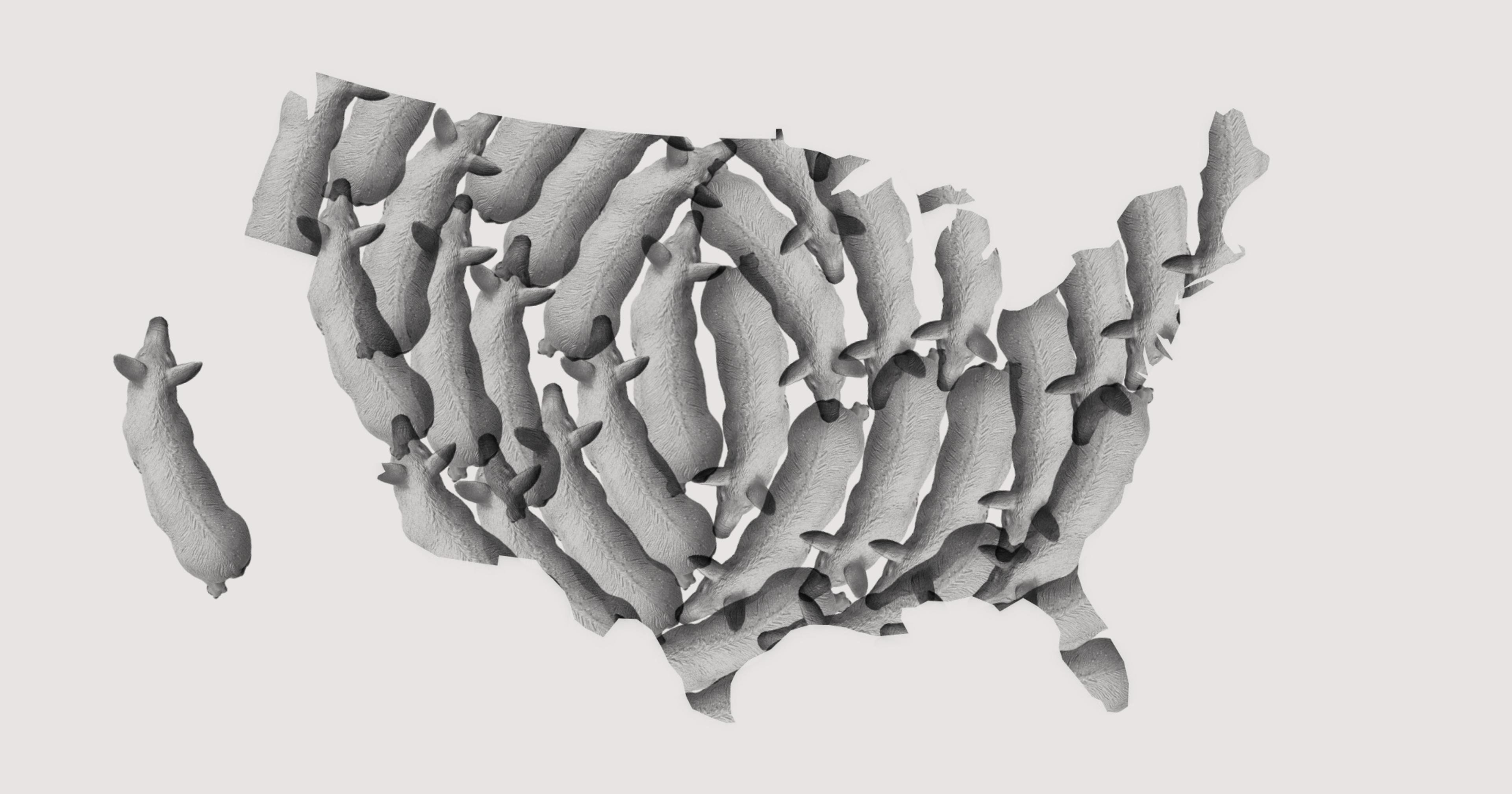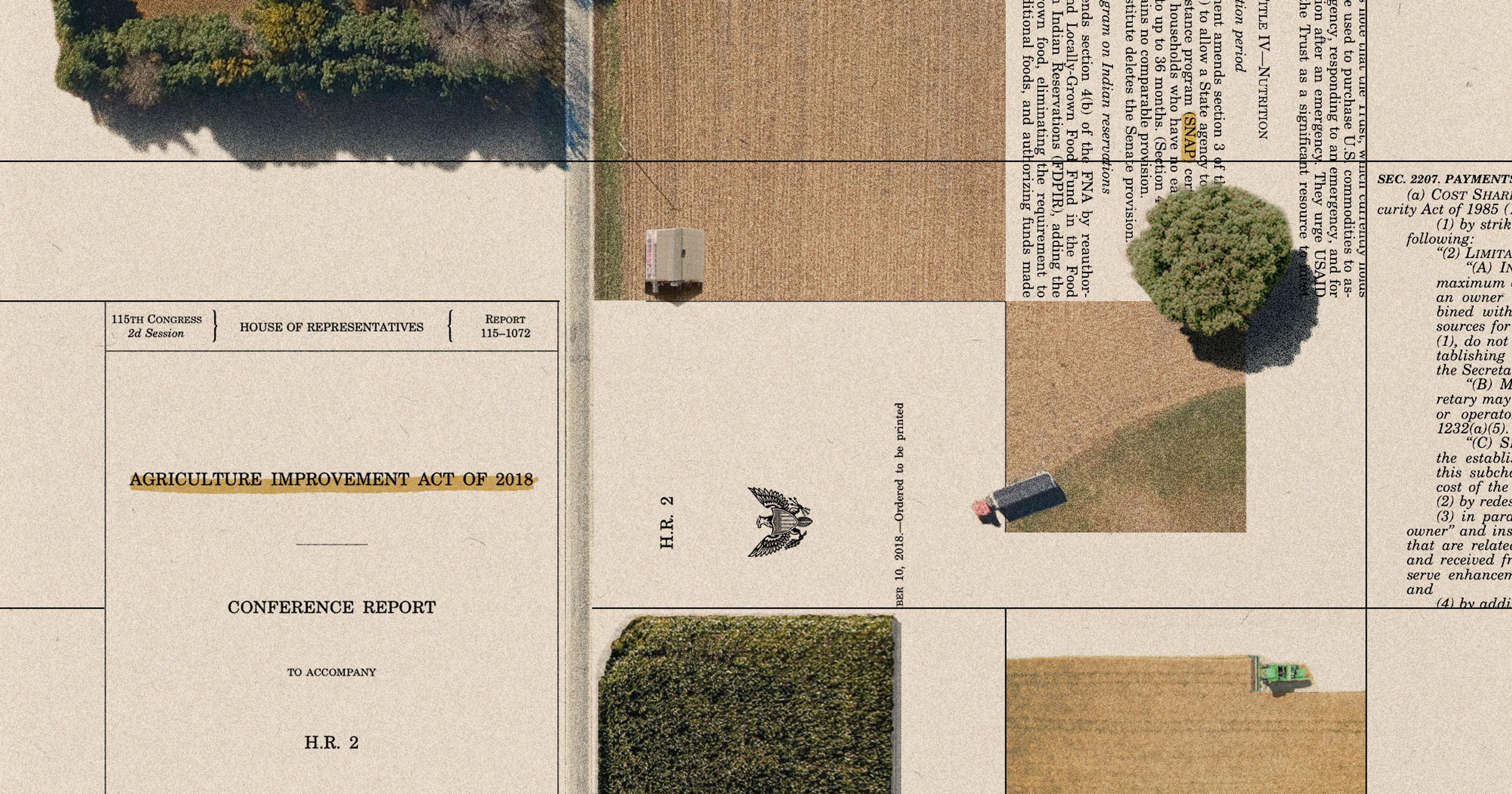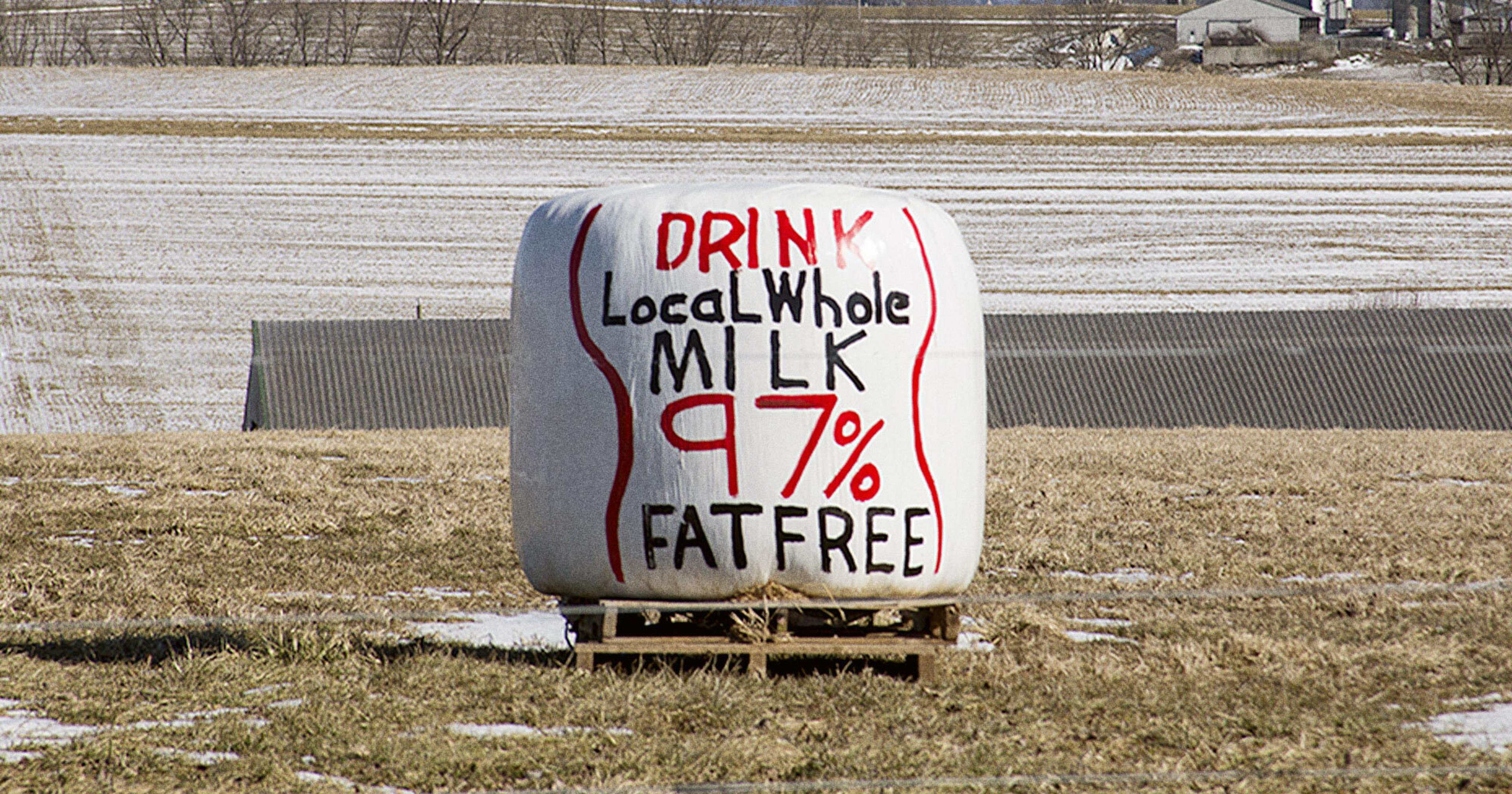The U.S. Supreme Court will decide the entire fate of federal regulatory powers because of a seemingly niche case brought by two herring fishermen.
Atlantic herring — small, silvery fish caught off the Northeast coast — are causing a splash in the U.S. Supreme Court. Now, a local case that started with a focus on funding for a federal herring monitoring program will now dictate the future of federal regulatory power.
The case was brought on behalf of Rhode Island-based fishing company, Seafreeze Ltd., by conservative organizations Cause of Action Institute and The New Civil Liberties Alliance. It calls into question who is responsible for funding federal observers that hitch a ride on commercial fishing trips to collect data needed for conservation and management of the fishery.
The language of the program, which is implemented and overseen by the National Oceanic Atmospheric Association (NOAA) and the National Marine Fisheries Service, allows the federally run operation to bill fishermen for the work of the observers. The fishermen think the government should pay.
This case, which is being bankrolled to the tune of millions of dollars by the powerful Koch brothers network, is turning out to involve much more than fishery insider baseball. Some are calling it a red herring, set up to significantly weaken the power of federal agencies.
The arguments evoke a doctrine called the Chevron deference that requires courts to defer to an agency’s reasonable interpretation of ambiguous laws passed by Congress. Overturning the decades-old Chevron precedent would be a win for those looking to limit the regulatory power of federal agencies — like the conservative legal organizations that backed the case — and could change the very fabric of the American administrative state.
Proponents of the Chevron deference, including groups like the American Cancer Society and the Environmental Defense Fund, regard it as a vital means for federal agencies to enforce their regulations — like the environmental regulations at the core of the original Chevron case.
Those critical of the doctrine argue smaller stakeholders like this case’s plaintiffs don’t have a fair day in court as long as the deference stands.
The Supreme Court, which heard oral arguments on the issue on Jan. 17, is still deliberating on whether to overturn the doctrine or uphold it. Let’s take a closer look at the fishermen’s case that got us here.
Rough Waters
At the core of the case is a program initiated in 2020 to prevent at-risk herring from overfishing. It required fishermen to carry observers on some of their expeditions to track fishing limits and related operations. The rub? Fishermen and fishing companies had to pay for the observers out of pocket.
Originally, funding from Congress was there to cover the cost. But since the agencies expanded the program, and didn’t receive expanded federal funding, who would pay the balance became a point of contention. More specifically, the language of the regulation states that to deploy the number of observers they want to, the National Marine Fisheries Service can require the fishermen to pay.
On board, these federal observers take fishery samples, count fish, take weight and age measurements, and monitor enforcement of the regulations fishmen must comply with. The estimate to pay for these onboard enforcement agents falls at about $710 per day. Because these trips can run 7 to 10 days or longer, the price of these observers can add up quickly.
And that’s not all. The fishermen are also subject to fines the observers can charge for things they see on the trip, adding financial insult to injury.
“The government’s economic analysis said they expected 20 percent of the annual return … would have to go to pay for these enforcement agents,” said Meghan Lapp, fisheries liaison and general manager for Seafreeze, Ltd. “On certain trips, it means that we can be paying that onboard government enforcement agent more money per day than a crew member is going to make.”
“The government allows financial exemptions for itself, but not for the fishing industry.”
The Atlantic herring fishery is historically profitable for the U.S. In 2022, commercial catches of Atlantic herring totaled around 9.4 million pounds and were valued at $4.5 million, according to NOAA.
Today, the Atlantic herring population is considered “previously overfished.” Regulations requiring the fish are sustainably managed and responsibly harvested mean the current state of the population is on the mend, and the fish aren’t considered overfished today. Part of those regulations include the observer program.
The program has had unstable funding for years. In addition to not being able to cover the salary of all the observers, federal funds cannot cover the administrative costs to process and store the data they collect. As a result, the entire industry-funded monitoring model has been on hold since April 2023.
“What the government did in the development of the regulation was say that if it didn’t have the finances to cover those administrative costs, then the whole program would get suspended until it was able to do so,” said Lapp. “The government allows financial exemptions for itself, but not for the fishing industry.”
Righting the Ship
Still, when it comes to thoughts on the case and the program, not all fishermen are in the same boat.
Director of the Alaska Longline Fishermen’s Association Linda Behnken told Alaska Public Media that her emphasis on sustainable fishing practices leave her wary of the implications of dropping the Chevron deference.
“It sounds like there’s a pretty deliberate attempt to dismantle federal agencies and their authority to manage resources,” she said. “And yes, that causes me some concern.”
In terms of the fishing companies at the core of this case, their issue isn’t the monitoring itself — they are simply hoping for an outcome that relieves them of the financial burden.
“We’re required by Congress to take fisheries observers. We don’t contest that at all,” said Lapp. “But paying for it is a whole different story. The government should pay for its own programs.”
The court’s ruling is expected by this summer.










